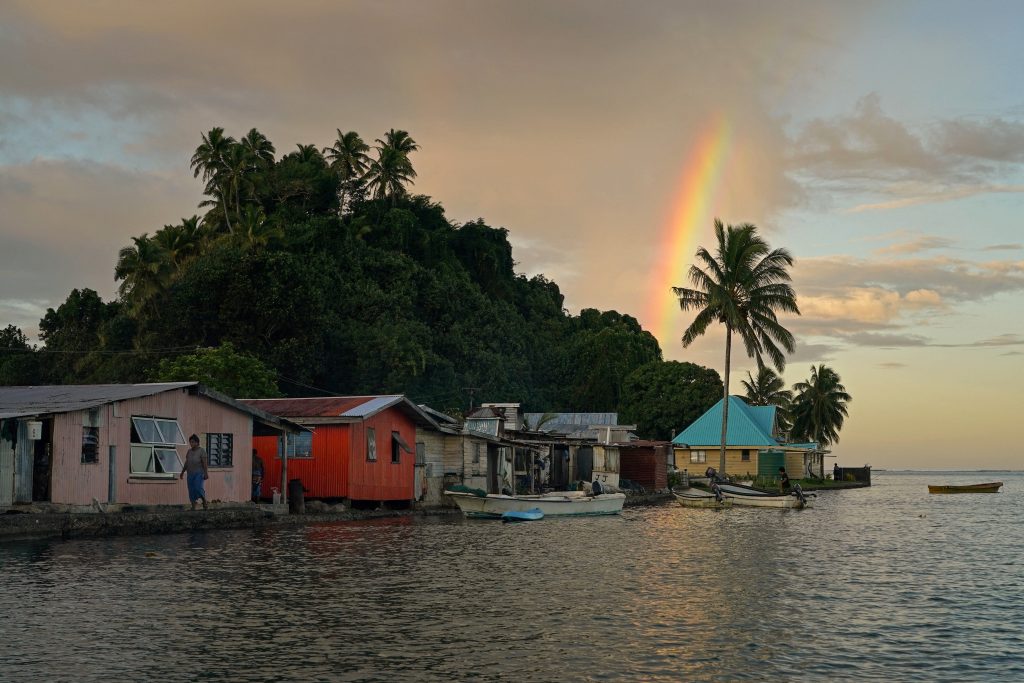Nations are on the verge of breaking a deadlock over funding for nature during UN talks in Rome, with ongoing negotiations seen as a crucial test for international cooperation amidst rising geopolitical tensions. The COP16 discussions, aimed at addressing the biodiversity crisis, are grappling with how to manage billions of dollars needed to protect ecosystems and wildlife essential for food, climate regulation, and economic stability.
While there is general consensus on the severity of the biodiversity crisis, disagreements remain on the governance of financial resources. Last year’s meeting in Cali, Colombia, ended in disarray due to these differences. However, the latest round of talks, inspired by a proposal from Brazil on behalf of the BRICS bloc, suggests that nations are nearing an agreement.
European Union negotiator Hugo Schally expressed optimism, stating that progress had been made, and COP16 president Susana Muhamad revealed that a “well advanced” document was ready for discussion, with only one unresolved issue.

The talks come amid broader global challenges, including economic constraints, trade disputes, and the declining commitment to overseas aid, particularly under the administration of US President Donald Trump. Despite Washington’s absence, the BRICS proposal strives to address the financing gap for biodiversity protection while taking into account diverse perspectives.
Scientists have urgently called for action, as a million species are at risk of extinction. The stakes are high, with multilateral cooperation under scrutiny. The proposed financing goal is $200 billion per year by 2030, including $30 billion annually from wealthy nations to support poorer countries.
The key sticking point remains the creation of a specific biodiversity fund, with developing nations pushing for its establishment, while wealthy countries express concerns about the complexity of managing multiple funds.


